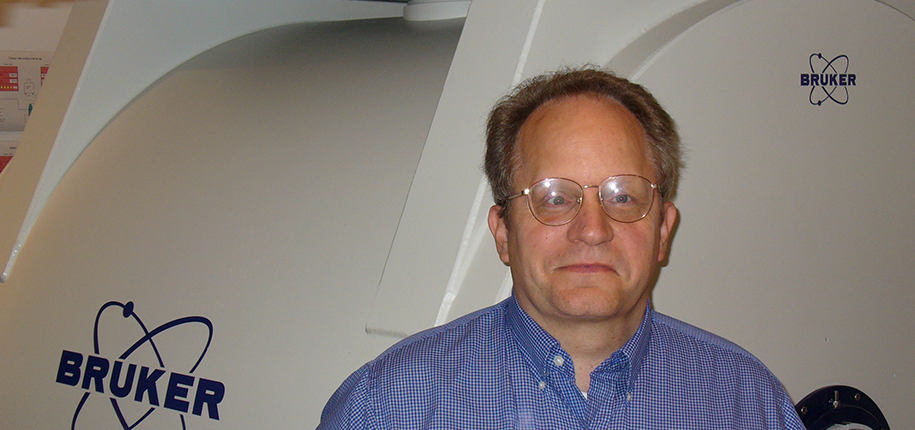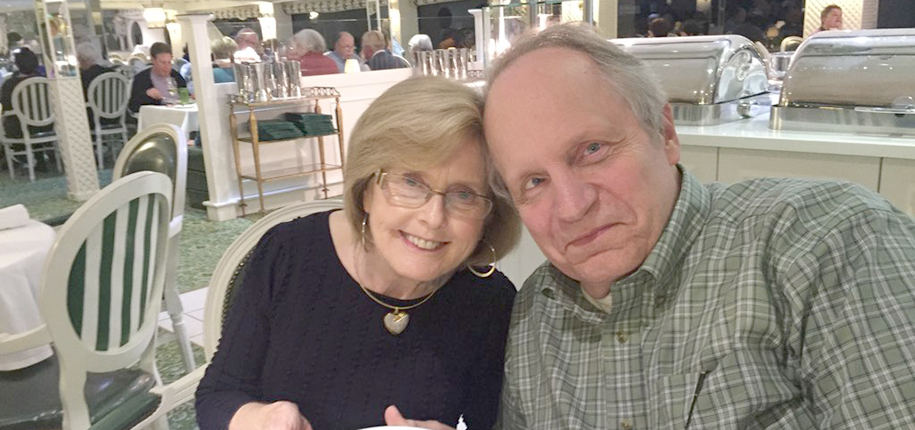
It’s a bittersweet event when a co-worker retires. You get used to seeing them every day at work and become an extended family. Ron Pratt is our senior imaging research engineer at our Imaging Research Center, or IRC for short. The IRC is a division of our Radiology Department, of which he has been a loyal member for nearly twenty-one years. Here are Ron’s thoughts on his retirement.
Prior to starting work at Cincinnati Children’s, I was working as a software developer at Paycor. While I was treated extremely well and fairly at Paycor, I was firmly entrenched in the “Dilbert Zone,” in that I was at a desk staring at a computer monitor 40 hours a week. It just was not my “cup of tea.”
When I got the call to see if I was interested in interviewing for the engineer’s position at Cincinnati Children’s, it literally seemed like “the clouds had parted.” Previous to working at Paycor, I worked in the Department of Radiological Physics at the University of Cincinnati for almost 15 years and had visited the Imaging Research Center (IRC) at Children’s on several occasions. At the time I interviewed for the IRC engineer’s position, Dr. Scott Holland was the scientific director. When I came for the interview, Dr. Holland (scientific director of IRC) described in broad terms the responsibilities and expectations for the position. The interview went well and after a few months, I was offered the engineer’s position.
When I started at the IRC on August 2, 1999, there were eight employees; one director, one scientific director, three faculties, one engineer (myself), one MRI technologist and one administrative assistant. We had one MRI scanner: a Bruker 3T Medspec scanner. The bore size was only large enough to do human head and extremity imaging. The 3T magnet was “old school” and entirely cryogen cooled. Once a week, the magnet had to be filled with liquid nitrogen, and every 28 days it was filled with liquid helium.
The Bruker 7T was commissioned in the spring of 2003. Not too long after, the Bruker 3T Medspec was decommissioned (a Philips project guy referred to the Bruker 3T as the “Flintstones Magnet”) and replaced with the Philips Achieva 3T.
Things pretty much cruised along until Nov 2009 when Dr. Dumoulin (Chuck) became the IRC scientific director. After Chuck’s arrival, three more whole-body MRI scanners were commissioned. In addition to the MRI scanners, a Philips “State-of-the-Art” x-ray interventional lab was installed in the suite adjoining the 1.5T scanner.

When Chuck came to Cincinnati Children’s, he was able to recruit two engineers from GE R&D centers (Randy from New York and Wolfgang from Germany). We all made a good team and, along with two graduate students, Barret and Chris, and many summer students, we took on many interesting projects. The most rewarding project for me was participating in the engineering work required to install the neonate MRI scanner in the NICU. The projects were always interesting and challenging.
“it has never been a burden coming to work here.” -Ron
During this time, the IRC continued to grow. At its peak I think the IRC had between 50 and 60 employees.
So here I am, over 21½ years later at the point of retirement. With all these years and a pandemic behind me, deciding to retire was still not at all easy for me. Just ask my wife Gayle. But, it is time to stop. I believe in this place and what it stands for. As I told Matt (one of my co-workers) the other day, it has never been a burden coming to work here. I can sincerely say I have grown to love this place. Cincinnati Children’s has been a wonderful place to work and I have had a fantastic group of co-workers here in the IRC. I will miss you all.

Ron Pratt, Senior Engineer, author; Glenn Miñano, BFA, editor; Meredith Towbin, copy editor